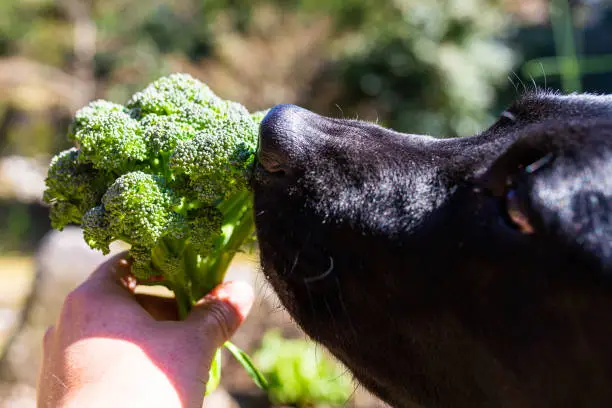Written by Brianna Acuesta for trueactivist.com
First Vegan-Certified Farm In The U.S. Is Providing Jobs and Food With Less Resources

Not only is Metropolis Farms, a farm in Philadelphia, the first vegan-certified farm in the United States, but it’s also the first farm in the nation and first known vertical farm to operate on the second floor of a building. Yes, that’s right. This extremely clean and healthy farm is completely indoors, and it’s thriving in Philly.
Metropolis Farms was able to get certified under the rigorous standards of the American Vegetarian Association by being completely free of pesticides, herbicides, animal manure, and animal by-products. This is no easy feat, which is why this farm is the first of its kind in the nation, and in lieu of pesticides they use carnivorous plants between the towers to lure in pests.
The farm is a vertical farm, meaning it employs tall towers with plants in rows stacked on top of each other to make the most of the small space they have to work with. This method is great for growing crops in areas where agriculture wouldn’t normally be possible, such as places with extreme weather or densely-populated cities. As the climate of Earth changes in favor of more extreme weather, indoor vertical farmingcould be a solution for the global food shortages that are to come.

Proponents of indoor vertical farming say that, while traditional farms sit idle for many months during the off-season for their crop-growing, indoor farms don’t rely on seasons or weather and instead grow their crops 365 days of the year. They utilize controlled artificial lighting, climate control, and other innovative technology to allow the stacks of crops to flourish everyday of the year.
Another important benefit to indoor farming is the controlled soil. Metropolis Farms President, Jack Griffin, says, “According to the CDC, green leafy vegetables grown in manure is one of the top sources of food poisoning.” Not only does the farm not use manure, but they aren’t at risk for heavy metal contamination by planting traditionally in the ground. It eliminates the risk of soil-transmitted lead, arsenic, and also bacterial infections and diseases in crops.
Currently, the farm produces herbs, greens, tomatoes, and other various produce in a very small area. Their system is extremely sustainable; the farm boasts that they use 98% less water and 88% less energy than traditional organic farms because all of their water and nutrients are recycled by using a hydroponic system.
This method of farming is also good for locals and for the environment. It takes up no farmland, which is decreasing in availability, and uses minimal amounts of fresh water. The produce is also provided to local grocery stores and restaurants, eliminating the fuel normally used to transport the produce thousands of miles away. The farm also creates jobs for locals and gives immediate job preference to veterans.
This farm to fork, environmentally-friendly, and sustainable method of farming is increasing in popularity and it’s not surprising that many are seeing the value of indoor vertical farming over traditional farming. With climate change and global shifts in food sources, it seems that this vegan-certified farm might be the future of farming.



















